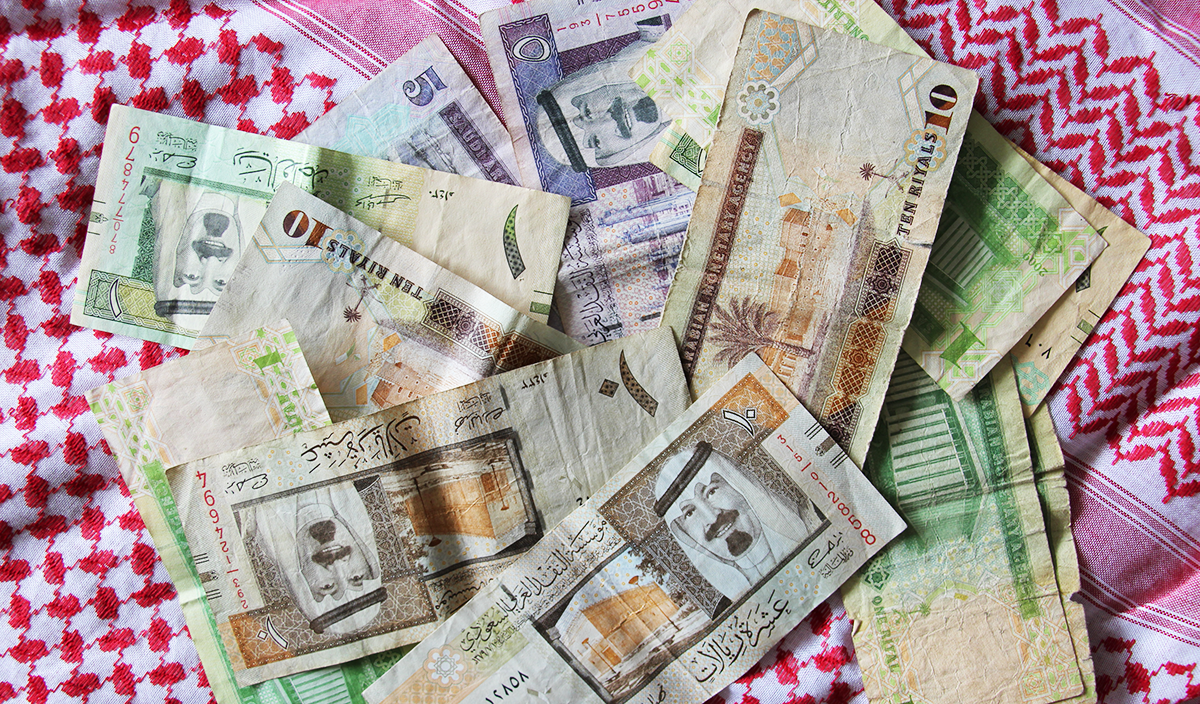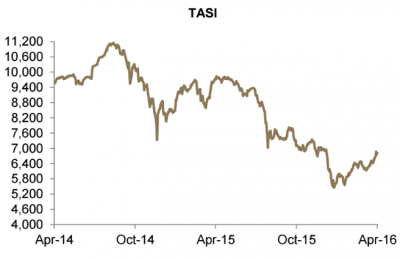Saudi Arabia’s Capital Markets Authority (CMA) has significantly lowered the barriers to entering the Saudi stock market as a foreign investor and increased the amount which a foreigner may own of a Saudi company, the bourse announced in a release today.
“These rules were implemented with the aim of raising the bar in relation to investing strategies, equity research and market valuations, and would expand and strengthen the growth of the Saudi capital market, and enhance the expertise of local institutions and investors, thus providing stability of market prices and support growth,” the CMA said.
Here are the five major changes to investing in Saudi Arabia’s stock market.
1. Reducing the Minimum Fund Size by 80%
The CMA’s new rules include lowering the minimum value of the assets under management to be $1 billion, an 80% reduction from the previous minimum of $5 billion. This is designed to allow smaller funds with less under management to invest in the market.
2. Allowing new fund types to invest
The CMA’s new rules “agreed to allow new foreign financial institutions, including sovereign wealth funds, university endowments and others to invest,” the bourse said.
The decision to allow different fund types to invest will attract investment from new sources. Funds still must meet CMA approval.
3. Increasing how much foreign investors can own
The CMA also allowed for greater ownership of Saudi companies by foreign investors, from 5% to 10% of the shares. It increased the total owned by a joint stock company to 49% of the total company value.
4. Changing how trades are settled
According to Nicolas Parasie in the Wall Street Journal, the bourse changed the amount of time in which trades would be settled, from same-day settlement to within two working days which is preferred by international investors.
“Foreign investors dislike the so-called T+0 system because it limits the time they have to execute a trade, which is already more challenging in Saudi Arabia as the country’s workweek runs from Sunday to Thursday while trading hours are shorter than in more mature markets.”
5. Introducing new transactional options
The CMA also announced two new transactional options for market traders, including the introduction of securities lending and covered short-selling.
The official rules as amended by the CMA would be available by the end of H1 2017.
“The CMA aims for these measures to provide greater stability to the overall capital market environment, through applying international best practices, incentivizing investors in an environment that supports the national economy,” the regulator said in the statement.










